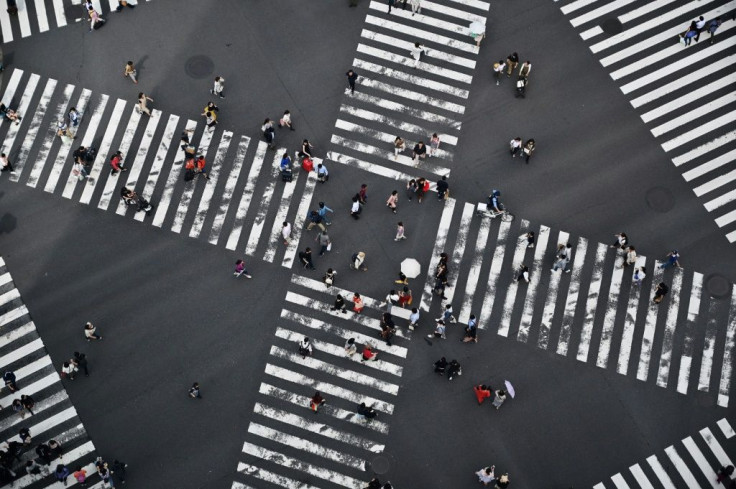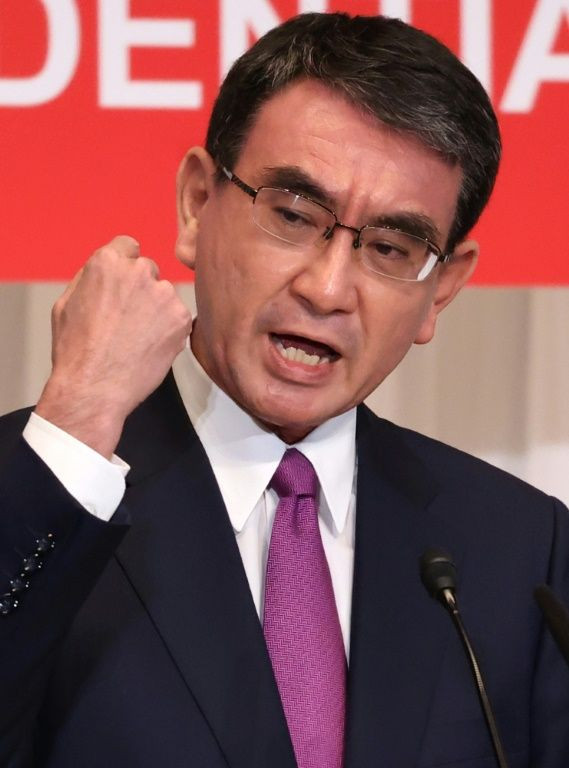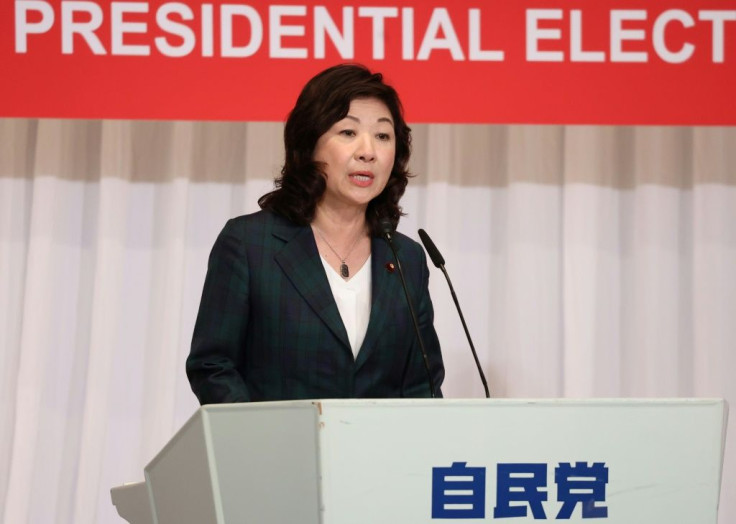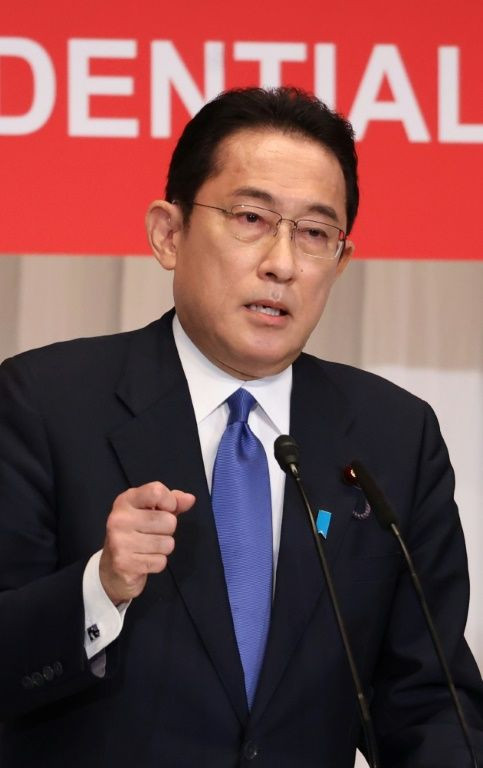Race For Japan's New Prime Minister Kicks Off
The campaign to become Japan's next prime minister kicked off on Friday, with four candidates vying for leadership of the ruling party in an unusually close race.
In televised speeches, the candidates set out their priorities, from boosting Japan's digital prowess to addressing the falling birthrate.

Among them are two women hoping to lead a country that has never had a female prime minister, although both are considered long shots.
The race follows Prime Minister Yoshihide Suga's shock announcement that he would not run for head of the ruling Liberal Democratic Party (LDP).
Whoever the party picks in a September 29 vote will contest a general election that has to be held by late November.

As the LDP is expected to retain power, its leader is likely to be the person leading the world's third-largest economy in coming years, and will face challenges from dealing with China to tackling climate change.
"We find ourselves in a time of climate crisis... We must exert maximum effort, by making renewable energy a priority," said Taro Kono, Japan's vaccine chief, who leads public opinion polls on the nation's next leader.
"It is not a pipe dream to power this country with 100 percent renewable energy," added Kono, currently the minister for administrative reform.

His main competition is expected to come from ex-foreign minister Fumio Kishida, who heads a large LDP faction that will back him in the race.
Two of the few women at the top of Japanese politics -- divisive right-winger Sanae Takaichi and former gender equality minister Seiko Noda -- are also standing.

The race is hard to predict because factions that often vote as blocs are this time largely leaving members to vote as they choose.
"Given that the factions aren't endorsing anyone officially, it's kind of a free-for-all," Tobias Harris, senior fellow for Asia at the Center for American Progress, told AFP.
"It's hard to say that there's really a true front-runner."
Kishida on Friday said he wanted to see wages rise and move away from neo-liberal policies, while Takaichi -- a self-declared Margaret Thatcher fan -- emphasised the importance of strong defence.
Noda said she would aim for women to make up half of her cabinet if elected, and pledged to improve the lives of the socially disadvantaged.
"I am a mother. I have a family member who has disabilities," she said. "I want to fight this campaign by using my knowledge about diversity as a weapon."
The voting on September 29 will be over two rounds, if needed, with 383 lawmakers and an equal number of rank-and-file members voting in the first instance.
But the close race makes it unlikely a candidate will secure a majority. In that case, the top two move to a second round involving 383 lawmakers and one party representative from each of Japan's 47 regions.
"Insiders are ultimately going to make or break the winner," Harris said, adding that Kono's popular support means that he "probably has the edge, but if he has a lead, it's a very vulnerable one".
Suga, whose approval ratings have tanked partly over his government's pandemic response, announced his resignation this month after just a year in the top job.
His term has been marred by worsening waves of Covid-19 infections and repeated rounds of restrictions, with the Tokyo Olympics failing to boost his popularity.
© Copyright AFP 2024. All rights reserved.





















